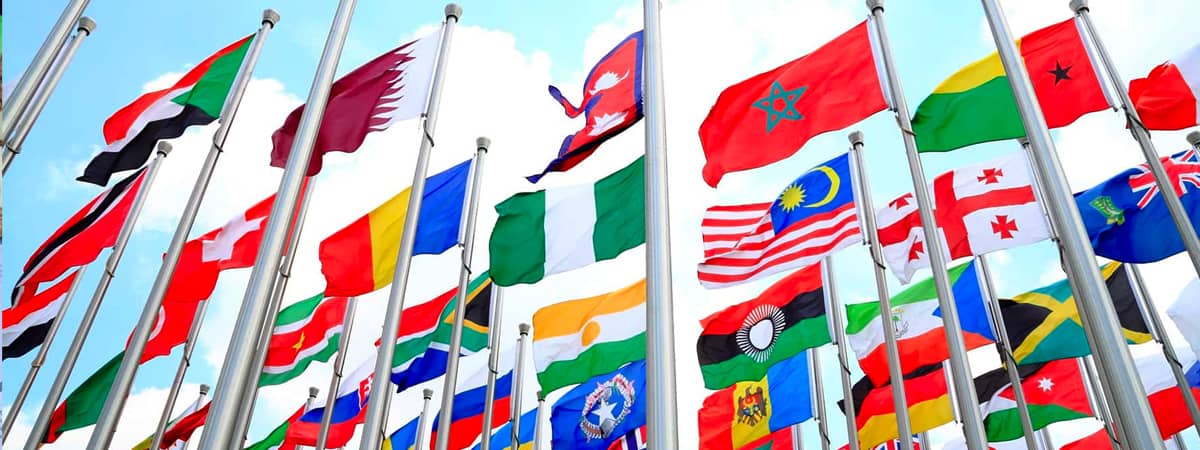Understand the World with Global Studies
Fascinated by how nations, institutions, and cultures connect? Global studies explores the forces shaping communication, business, politics, and society worldwide.
Gain practical skills and insights into the social, political, economic, environmental, and cultural dimensions of globalization. Prepare for transfer or careers in:
- Education
- Government
- Law
- Non-profits
- Business
What You’ll Learn:
- Analyze global trends and cultural change
- Understand transnational economics and politics
- Explore global interdependence and problem-solving
- Promote civic values and responsible global citizenship
Degrees and Certificates Offered
Each program has unique requirements. The order in which you take courses may affect your completion time. Visit the links below to view the program requirements and a general semester-by-semester course schedule.
Associate in Arts- Global Studies
To view all available degrees and certificates visit the Allan Hancock College course catalog.
Programs you may also be interested in exploring:
Contact Information
Department Chair
Roger Hall
805-922-6966 ext. 3427
rhall@hancockcollege.edu
Department Administrative Assistant II
Gia Guerrero
805-922-6966 ext. 3334
gia.guerrero@hancockcollege.edu
Dean, Academic Affairs
Monica Millard, PhD, RN
805-922-6966 ext. 5203
monica.millard@hancockcollege.edu
Location
Santa Maria Campus
Bldg. C, Rm. 28
805-922-6966 ext. 3732


